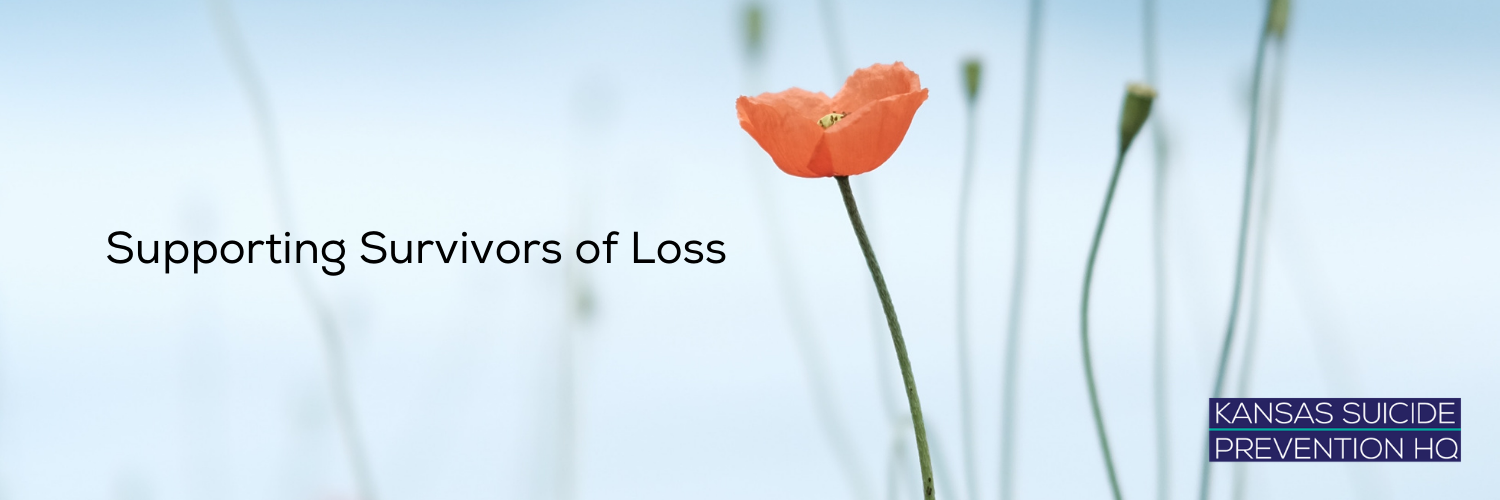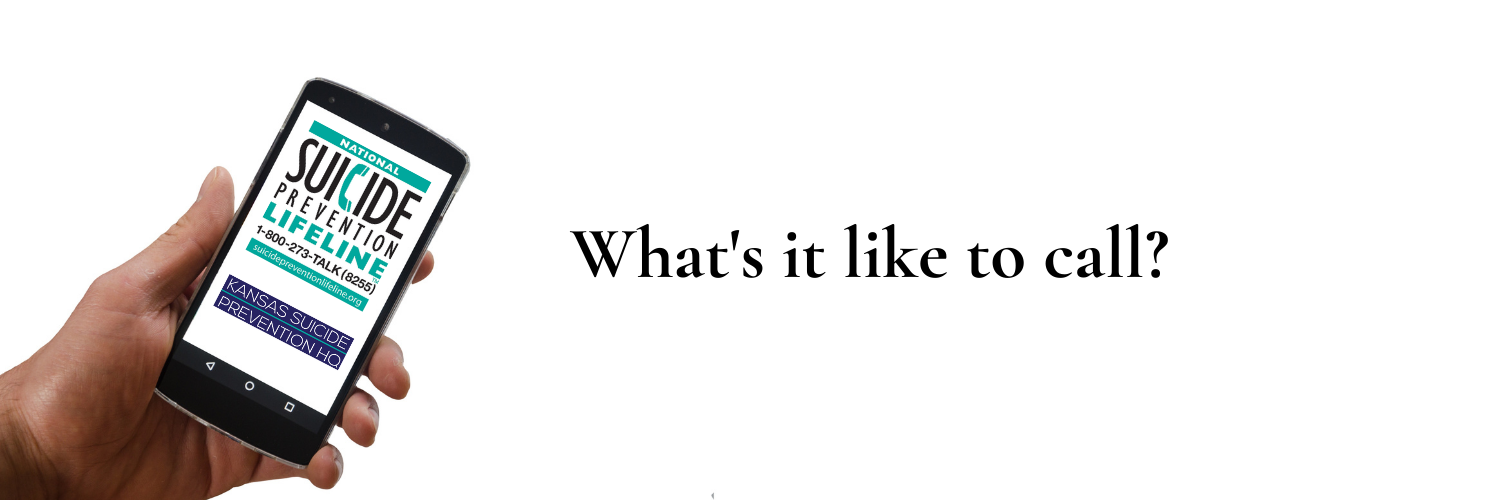
Survivor of Suicide Loss Day, November 21, 2020
National Survivor of Suicide loss day was passed by Congress in 1999 as a day for friends and families who have lost a loved one to suicide to join together for support, healing, and to remember their loved one.
For many of us, it’s impossible to know what to say or do to help someone who has lost a loved one to suicide. We know we want to do something, but we might feel like it’ll be awkward or we might say the wrong thing. It’s important that we show our support and love.
My heart breaks every time I meet a mom, dad, grandparent, sibling, or friend who lost someone they love. I have a group of people that I’ve met through HQ who I think of often–some of whom are reading this newsletter. I try to remember my own advice on how to support a survivor of loss. When I think of them, I send an email, text, or call. It doesn’t have to be anything big; a simple, “thinking of you,” is enough.
Click the button below for some advice on how to support someone who is grieving. It’s some Dos and Don’ts for how to help. If you have lost someone, there are resources for support in the article too. Click the button below.
|
|

This month, let’s talk about hotlines versus warmlines, who can call them, and when can you call.
This is going to be a short one I guess, because when it comes to the National Suicide Prevention Lifeline, 1-800-273-8255 and the Headquarters Counseling Center direct line, 785-841-2345, anyone can call any time for any reason–YOU can call 24/7 for any reason. Some of these may include but aren’t limited to:
- Trauma
- Isolation
- Anxiety
- Relationships
- Depression
- Financial strain
- Substance use
- Loneliness
- Concerns for friends or family members
- Bullying
- Gender and Identity
- Suicidal thoughts
Unlike hotlines for an immediate crisis, warmlines (like HQ’s direct line) provide early intervention and emotional support that can prevent a crisis.
Personal opinion here, but I think there’s a reason why it’s called the National Suicide Prevention LIFE line and not the hotline. To me, the word “crisis,” is unique to each of us. What one person considers a crisis might not be a crisis to someone else. If you’re feeling like you want to (or should) talk, whether or not you are “in crisis” by someone else’s definition shouldn’t be a concern.
You can always call the Lifeline. If you have a Kansas area code, your call comes to KSPHQ. If you have an out-of-state area code, call us on our direct counseling line, 785-841-2345.
Learn more about how the Lifeline and HQ’s direct lines work on our Get Help page, but know that YOU can always call for any reason. Because we’re a non-profit, our amazing donors keep it completely free and confidential.
You’re important, you matter, and you are loved. Take care of yourself and each other.
Allan
Allan Bunch
Vice President of Communication and Development
Kansas Suicide Prevention HQ
|
|

A Letter to Someone Considering Calling the Lifeline
by Whit Downing
Dear You,
First, I want to tell you how proud of you I am.
Even to consider calling the Suicide Prevention Lifeline is a big step that takes courage.
I know that calling the Lifeline can be scary, especially if you have never done it before. Here is what you can expect when you call:
- Right when you call, you will hear an automated message that says “You have reached the National Suicide Prevention Lifeline, also servicing the Veterans Crisis Line. If you are in emotional distress or suicidal crisis or are concerned about someone who might be, we’re here to help.”
- While the Lifeline finds someone to connect you with, you will be placed on a brief hold with music playing in the background.
- A highly skilled and trained crisis counselor ready to give you the attention and help you deserve will answer the phone.
Once you are connected to a crisis counselor, they will actively listen to you and ask questions to gain a better understanding of your situation. If you want to, your counselor will let you lead the conversation. Even if your words are limited and few, your counselor will be patient with you and reassure you that they are there and that you are not alone.
Your counselor will understand that even though there may be a part of you that wants to die, there is also a part of you that wants to live; your counselor will speak to both of those parts of you.
Calling the Suicide Prevention Lifeline may not make what you are going through go away, but it is definitely a step towards the right direction. Your counselor will assist you in creating a plan to keep you safe, and may even offer to have the Hotline call you back the next day to check on you.
The counselors truly do care. They aren’t there to judge you, to tell you everything they know, or to belittle you. They want to support you and listen.
You can call. You can get help.
Sincerely,
A person who has called the Lifeline.
|
|

We’d like to send our thanks to the Taylor & Patti Abernathy Trust, Bank of America, N.A., Trustee for their support of the National Suicide Prevention Lifeline crisis services provided by Kansas Suicide Prevention HQ.
A HUGE thanks to FreeState Electrical Cooperative Operation Round up for their grant award supporting suicide prevention training.
|
|
Save the Date! #GivingHQsDay is December 1!
|
|

Kansas Suicide Prevention HQ
2110 Delaware St, Suite B
Lawrence, KS 66046
